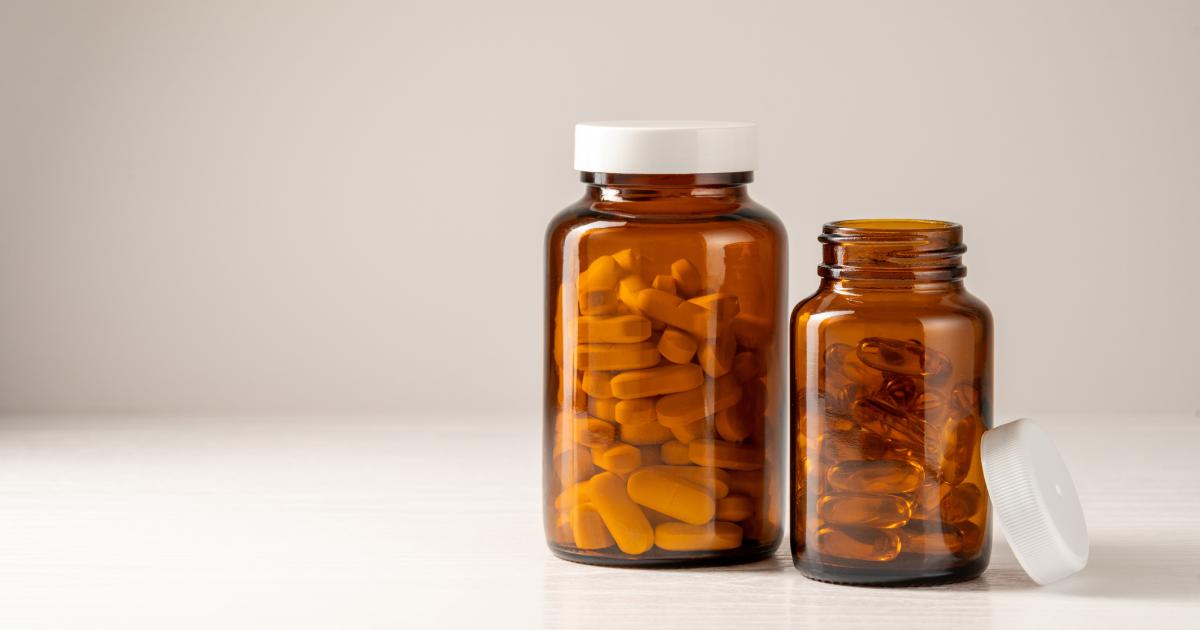With an estimated 20 million UK adults taking supplements daily, millions could be unknowingly swallowing excipients like talc, titanium dioxide and carrageenan, experts have warned.
Excipients are defined as an inactive substance that serves as the vehicle or medium for a drug or other active substance.
New research from ethical vitamin company Viridian Nutrition has shown that while three-quarters want to buy vitamins without artificial additives, less than one in four read the full ingredients list.
Understanding vitamin D
Warning issued to Brits over ingredients in supplements
Phil Beard, nutritionist at Viridian, said: ‘There is clear confusion about what is active and what are artificial additives.
“A simple, consistent label check can help people buy better.”
The findings highlight a label-literacy gap at a time when more people than ever are relying on supplements to plug nutritional gaps.
Food crops today are thought to have lost significant amounts of key minerals since 1940, including potassium (down 16%), zinc (down 59%), magnesium (down 24%), calcium (down 46%), copper (down 76%), and iron (down 27%).
But 71% would be willing to pay more for additive-free supplements, suggesting demand for cleaner products is strong.
However, many high street supplements contain substances added only to make manufacturing easier.
These include Titanium dioxide (E171), which is banned in EU foods over safety concerns but still permitted in the UK and Carrageenan (E407) – a capsule thickener linked to gut inflammation.
Magnesium stearate (E470b), a lubricant that can affect gut microbes, is also used.
How to Live Longer
Cheryl Thallon, founder of Viridian Nutrition, said: ‘Additives benefit manufacturers, not consumers.
“Viridian has never used artificial additives in our formulations and for more than 25 years we have championed supplements that are effective, ethical and pure – and the public is telling us they want the same.”
How to check labels on supplements
To help shoppers cut through the confusion, Viridian has launched the ‘CLEAN Five Step Supplement Label Check’ and an information guide available from independent health stores.
The booklet, ‘Join The Vitamin Revolution’, shares the independent research on common artificial additives, while the ‘CLEAN check’ encourages people to flip the pack and check.
Here is the C.L.E.A.N. supplement checker, a five-step label guide to use:
C — Contains optimal active ingredients
What it means: the nutrients that deliver the benefit are clearly named and dosed.
Look for: named forms and real amounts per serving (mg, µg, IU, CFU) with %NRV where used; botanicals standardised to actives; probiotics listed by strain and CFU.
Avoid: vague blends with no breakdown or token ‘dusting’ doses.
L — Leaves out artificial additives
What it means: the ‘Other ingredients’ list is short and preferably non-existent.
Look for: a list of ingredients you don’t recognise; no unnecessary bulking agents, binders or colour coats.
Examples to question: magnesium stearate, titanium dioxide (E171), carrageenan, PEG (Polyethylene Glycol) or PVP (Polyvinylpyrrolidone), potassium sorbate.

E — Ethically sourced
What it means: transparent origin and standards from factory to farm.
Look for: UK or EU manufacture where possible; GMP, BRC and ISO compliance; non-GMO policy; suppliers confirm no animal testing; provenance and contaminant testing available on request.
A — Avoids colours, sweeteners and artificial flavours
What it means: no cosmetic add-ons that do not add nutritional value.
Look for: plain capsules or simple liquids; light, simple recipes.
Examples to question: artificial colours such as E171, E129, E133; artificial sweeteners such as aspartame and acesulfame K; heavy flavouring.
N — Nutritionist formulated
What it means: developed by qualified practitioners using evidence-based forms and amounts.
Look for: clear dosing per serving, sensible totals and any relevant cautions; ‘therapeutic’ rather than extreme dosing.
Recommended reading:
Dr Carol Granger, microbiologist and registered nutrition practitioner, said: ‘Look at the labels of most supplements and you will find a list of ingredients you will not expect – from additives to glues.
“It is crucial to know exactly what is in your supplements.’
Phil added: “Supplements are there to provide what you need, not what you don’t. So avoiding these additives can reduce your exposure to unnecessary artificial ingredients.”


